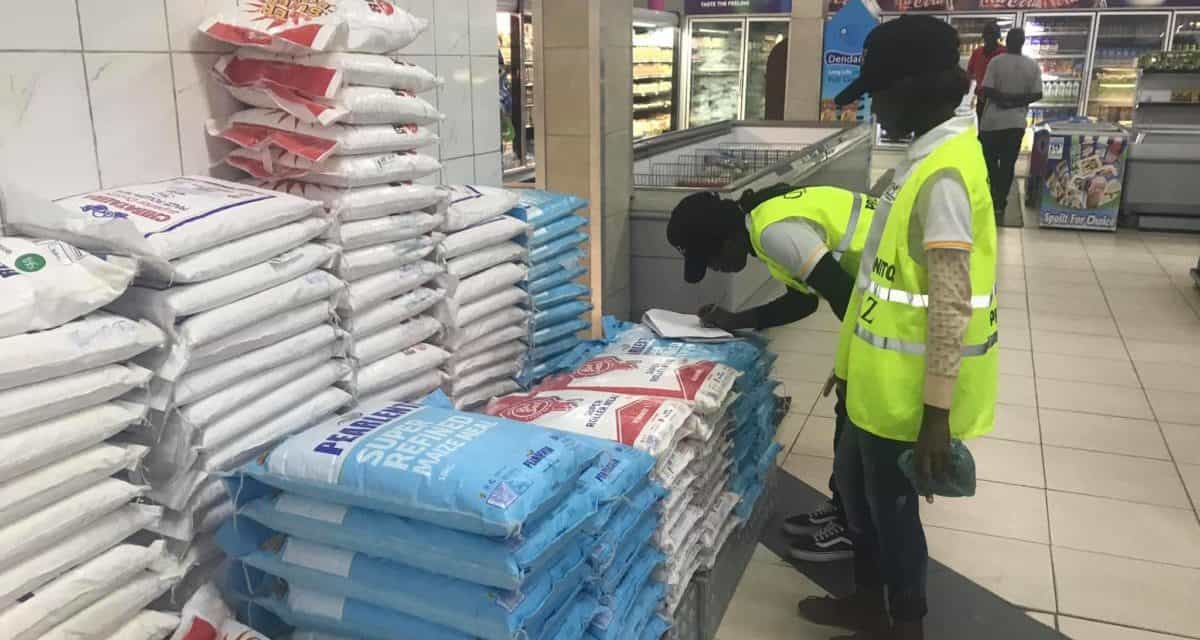In the wake of worsening shortages of grain which have left more than half of its fourteen million people in need of food aid, Zimbabwe on Tuesday announced that it has scraped import duty on maize meal and wheat flour in the pursuit of halting the overpricing of grain emanating from the prevalent shortages.

Late ex-Zimbabwe President Robert Mugabe
Once regarded as the breadbasket of the region, Zimbabwe’s previously vibrant agrarian sector took a dramatic nosedive during the turn of the millennium after then president Robert Mugabe embarked on a controversial land reform programme typified by the violent eviction of productive white commercial farmers from the farms.

President Mnangagwa Credit: Waldo Swiegers/Bloomberg
But, in a somewhat grace-to-grass scenario, the southern African country has witnessed a prolonged spell of biting maize meal challenges and three years after the late Mugabe was ousted and replaced by current leader Emmerson Mnangagwa, its citizens continue to reel under food insecurity.
And now, to bring the prevailing maize meal and wheat flour shortages worsened by the current Covid19 induced lockdown, Finance and Economic Development Minister Mthuli Ncube Tuesday announced Harare’s suspension of duty on all maize meal and wheat flour imports.

Finance Minister Mthuli Ncube
The duty-free period for the import commodities, Ncube said, will run for six months starting May 22, 2020 until November 21 2020.
Whilst there will be no limitations on duty-free maize meal imports, the new Statutory Instrument 119 of 2020 published this Tuesday specified that ‘wheat flour in bulk, in packaging of 50kg or more (or) prepackag d wheat flour… for retail sale less than 50kg’ will be exempted from import duty.
The latest move is believed to be the beginning of an end to a seriously dented, muddled and short-lived marriage between the Government and the millers for the provision of subsidised mealie-meal to the hard-pressed majority.

The Government, through the Grain Marketing Board (GMB), has been selling maize meal to millers at subsidised prices, and in turn, the later would sell the commodities at prices fixed in liaison with the state.
Worryingly, the programme has monumentally failed, amid amplified concerns corruption and politicisation of the maize meal subsidies.
Zwnews













